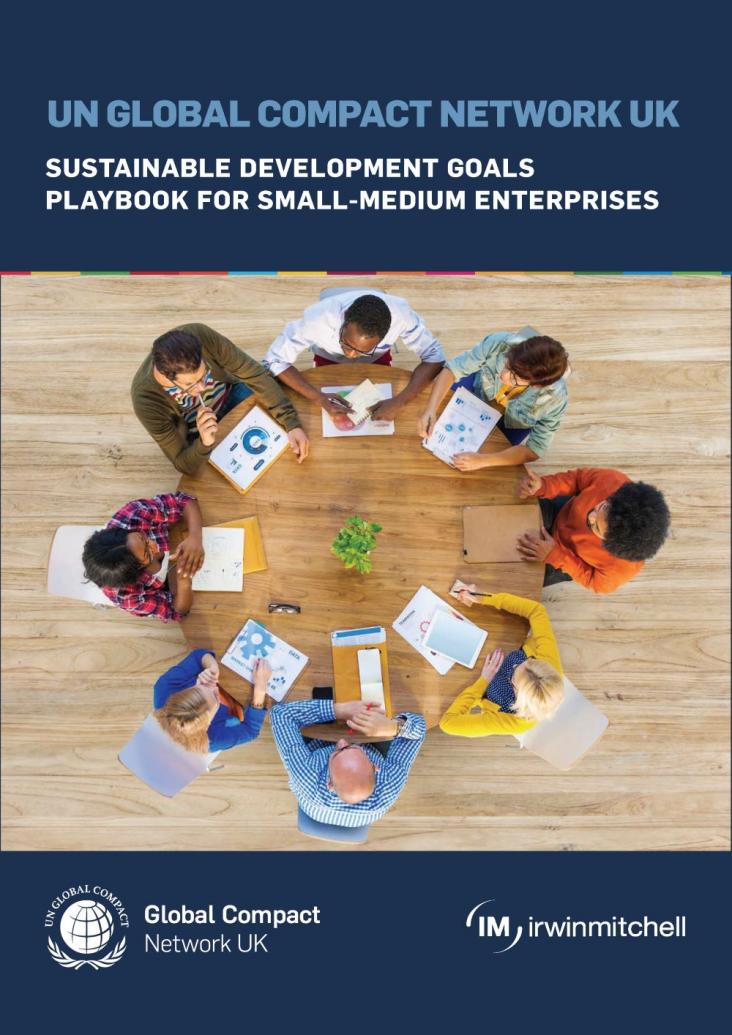This chapter advances the UN SDG goals 13 and 14 by reviewing the biodiversity of sea cucumber species and the ways in which changing climates and habitats have influenced their biogeographies.
The environmental burden of food consumption is high in affluent countries like Sweden, and the global food system is accountable for between 21 and 37% of the total anthropogenic global greenhouse gas emissions (GHGE). This paper claims that interventions to improve dietary intake and reduce dietary greenhouse gas emissions (dGHGE) are urgently needed and that adolescence presents a unique time in life to promote sustainable diets. Conclucsion are that food choices and dGHGE per calorie differ by sex in adolescents. Thus, intervention strategies to improve dietary sustainability need to be tailored differently to females and males. Diet quality should also be considered when promoting reduced GHGE diets.
Improving diet quality while simultaneously maintaining planetary health is of critical interest globally. Despite the shared motivation, advancement remains slow, and the research community continues to operate in silos, focusing on certain pairings (diet–climate), or with a discipline-specific lens of a sustainable diet, rather than examining their totality. This review aims to summarize the literature on adherence to a priori defined dietary patterns in consideration of diet quality, metabolic risk factors for noncommunicable diseases (NCDs), environmental impacts, and affordability.
The paper presented a comprehensive analysis of the research/publications landscape on the application of Machine Learning in Climate Change Research based on data.
This study focused on the HJRB, the location of the world's largest inter-basin water transfer project, as the study area.
Regular physical activity across the lifespan to build resilience against rising global temperatures
eBioMedicine, Volume 96, October 2023
This Personal View supports SDGs 3 and 13 by calling for more research into the contribution that physical activity can have in adapting to rising global temperatures and, more broadly, to climate change.
The annual UN Climate Change Conference advances climate talks, mobilizes action, and can provide a significant opportunity to look at the impacts of climate change as well as innovation and solutions globally. Elsevier is pleased to highlight a large number of freely accessible journal articles and book chapters to help advance research and action against climate change, in support of COP28.
This chapter aligns with Goals 13 and 15 by providing a reminder of the wide range of essential ecological benefits of forests and of the many products and services humans derive from forests, and then summarize three hallmarks of healthy forests across ecosystems and conclude by leveraging what we know about forests in the past to propose five key principles for future forest management.
This chapter aligns with Goals 13 and 15 by reviewing the latest literature about plant–microbe and microbe–microbe interactions in coordinating the interlinked carbon, nutrient, and water cycles, and we estimate how these may respond to the key global change factors of CO2, temperature, and precipitation.

The UN Global Compact Network UK, in partnership with Irwin Mitchell, has developed the SDG Playbook for SMEs: a step-by-step guide to help smaller companies unlock the competitive advantages associated with embracing the Sustainable Development Goals.
